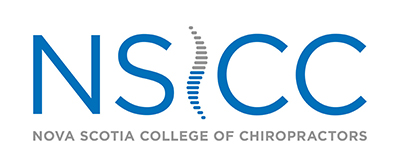Scope of Practice
In Nova Scotia, the Scope of Practice is governed by the Chiropractic Act and its Regulations and by the Nova Scotia College of Chiropractors Policy Manual. The Scope of Practice is also based on the Canadian Chiropractic Association (CCA) Guidelines of Practice and the curricula of the Chiropractic Colleges accredited by the Council of Chiropractic Education of Canada.
Code of Ethics
These principles are intended to help individual chiropractors and, as a collective, to promote a high level of professional conduct. They are principles by which a chiropractor may determine the propriety of conduct in relationships with patients, colleagues, members of other healthcare professions, and with the public. This also extends to a professional’s digital presence including but not limited to social media platforms and websites.
Duty To Report
Chiropractors are responsible and accountable to practice safely, competently, and ethically. As part of meeting their Standards of Practice and Code of Ethics, Chiropractors have a legal and ethical duty to report incompetent, unethical, conduct unbecoming or impaired practice if they have reasonable grounds to believe that an NSCC member:
- has engaged in professional misconduct, incompetence or conduct unbecoming the profession.
- is incapacitated; or
- is practicing in a manner that otherwise constitutes a danger to the public.
Chiropractors must immediately notify the College upon becoming self aware that their own health may be affecting their ability to practice safely.
There is a legal obligation to report specific situations to an external authority such as law enforcement, or to another agency, as required by provincial or federal legislation (e.g., reporting child abuse in accordance with the Children and Family Services Act or reporting an adult in need of protection in accordance with the Adult Protection Act). Chiropractors are accountable to know when and to whom to report these situations as appropriate.
- Child Abuse
- Protection of Vulnerable Adults o Adult Protection o Protection for Persons in Care
- Child Pornography
- Gunshot wounds
- There is no duty to report sexual assault in adults unless there is a concern arising within legislative duty to report. Examples may include (but are not limited to): · child at risk in the home during the assault, · sexual assault by a caregiver in a nursing home, · gunshot wound involved in sexual assault. (There is a duty to report that an individual has been treated for a gunshot wound. In the event the report needs to be made, do not disclose that sexual assault has occurred without the individual’s consent).
